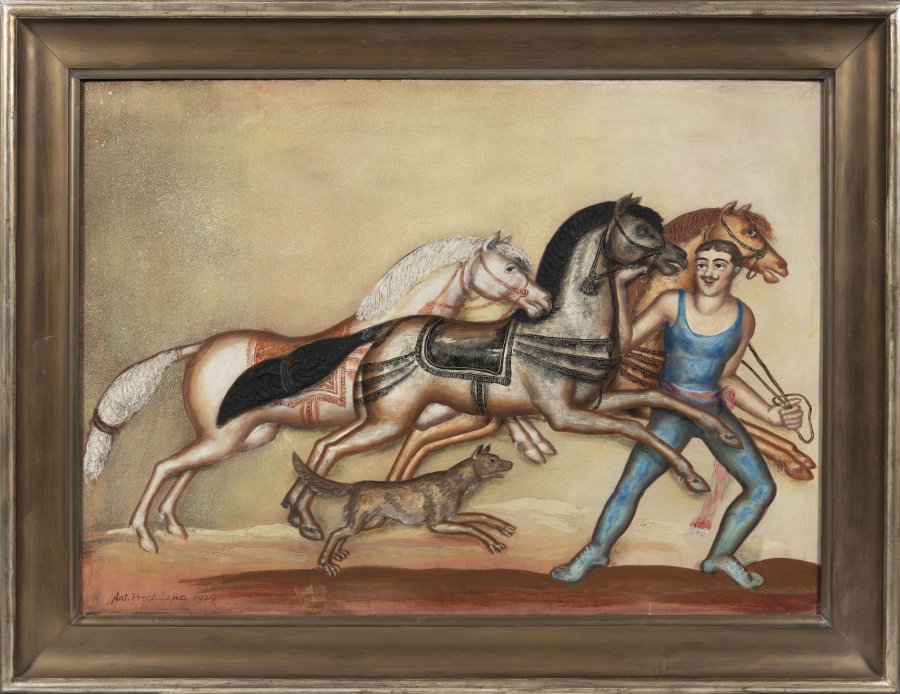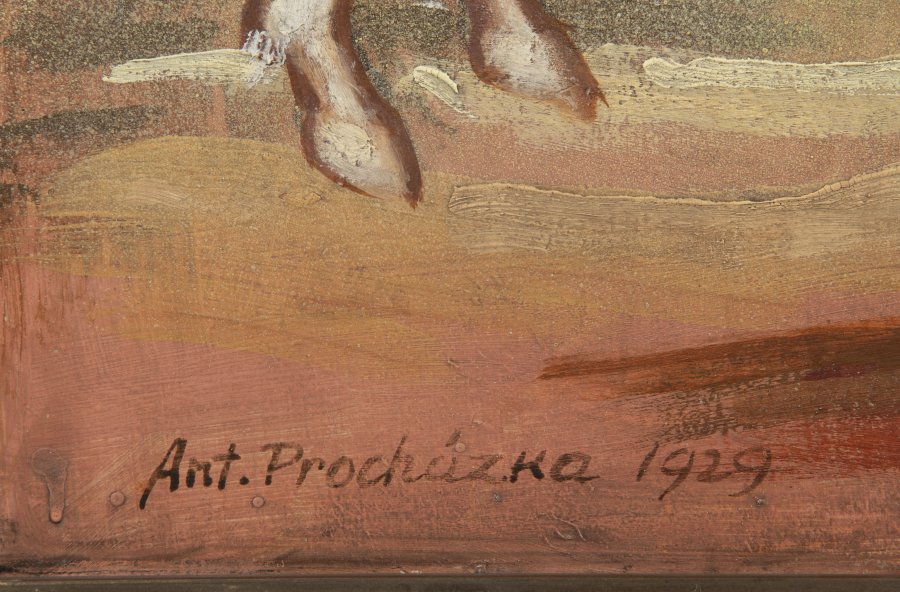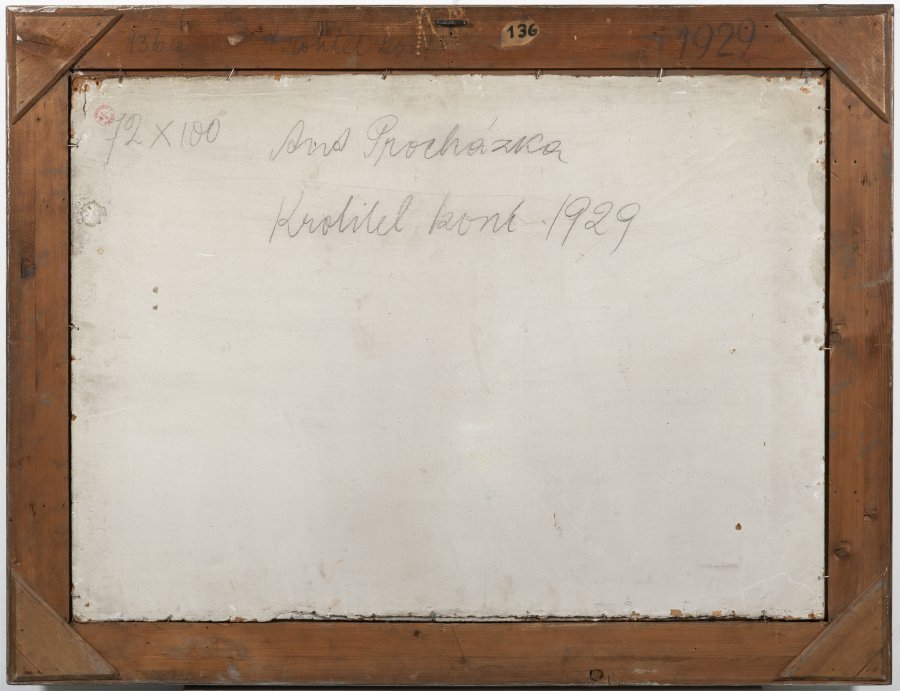Lot 103
THE HORSE TAMER
1929
encaustics on cardboard
72 x 100 cm (h x w)
sign. lower left: Ant. procházka 1929
| 33 333 €
| 33 333 €
Antonín Procházka first studied at the UMPRUM and then at the Academy of Fine Arts under Prof. V. Bukovac, H. Schwaiger and M. Švabinský. Procházka's work was initially influenced by the work of Edvard Munch, but he gradually moved from expressionism to his own distinctive conception of cubism, also called Procházka's Orphism. In the 1920s, Antonín Procházka moved towards neoclassicism to poetic primitivism and experimented extensively with the encaustic technique. The modelling of figures rounds off from cubic edges and lines into sculpturally elaborate proportions, often with folk themes. The line drawing and focus on human figures and their psychologization follows contemporary trends and celebrates life and its lyrical beauty. The painting is charming and accessible to the audience, non-confrontational and "art deco". Procházka strictly rejected academicism and, together with E. Filla and B. Feigl, tried to find new starting points for Czech art beyond the borders. Verso stamp of the 1934 exhibition at Mánes, where his large group exhibition of over 200 works was held. Reproduced: The Josef Sudek Project and the photographic documentation of works of art: from a private art archive to the representation of cultural heritage, Inv. no. S4519N.
More works from auction
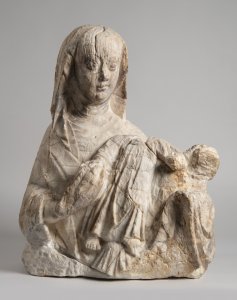
Lot 1 LATE GOTHIC MADONNA WITH CHILD
Starting price28 000 CZK | 1 167 €
Price realized
120 000 CZK | 5 000 €
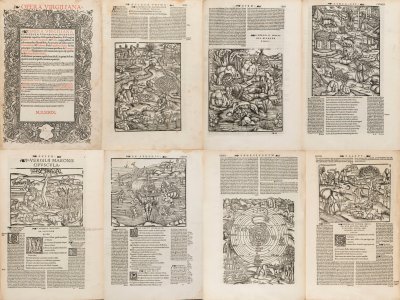
Lot 2 OPERA VIRGILIANA
Starting price48 000 CZK | 2 000 €
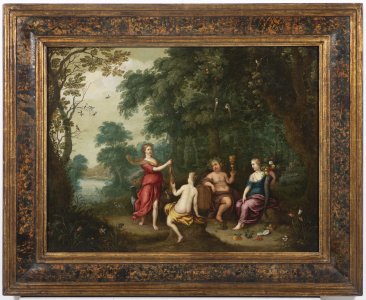
Lot 3 DIANA, BACCHUS AND FLORA
Starting price380 000 CZK | 15 833 €
Price realized
380 000 CZK | 15 833 €
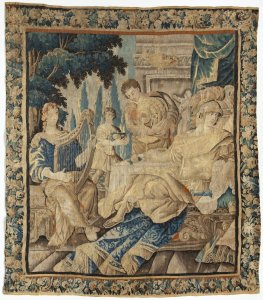
Lot 4 SCENE FROM THE BANQUET OF DIDO AND AENEAS
Starting price65 000 CZK | 2 708 €
Price realized
85 000 CZK | 3 542 €
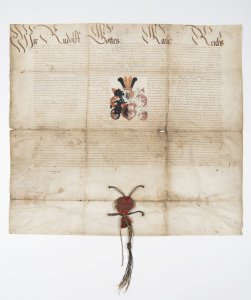
Lot 5 NOBILITATION GRANTED BY RUDOLF II.
Starting price80 000 CZK | 3 333 €
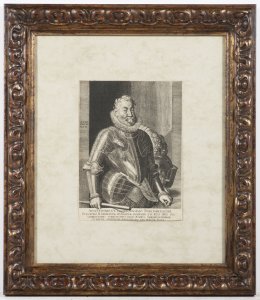
Lot 6 PORTRAIT OF RUDOLF II.
Starting price25 000 CZK | 1 042 €
Price realized
40 000 CZK | 1 667 €
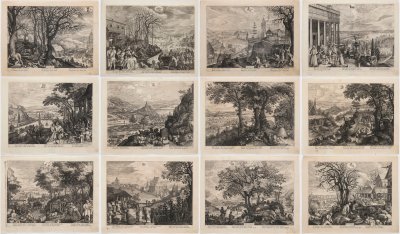
Lot 7 TWELVE MONTHS CYCLE
Starting price55 000 CZK | 2 292 €
Price realized
95 000 CZK | 3 958 €

Lot 8 A LARGE VIEW OF PRAGUE
Starting price45 000 CZK | 1 875 €
Price realized
65 000 CZK | 2 708 €
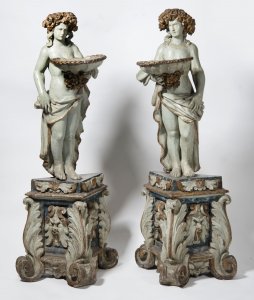
Lot 9 PAIR OF BAROQUE CARRIERS
Starting price180 000 CZK | 7 500 €
Price realized
200 000 CZK | 8 333 €
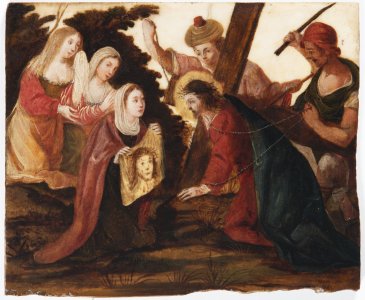
Lot 10 CHRIST AND VERONICA
Starting price28 000 CZK | 1 167 €
Price realized
28 000 CZK | 1 167 €
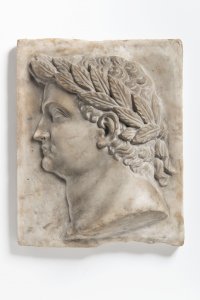
Lot 11 RENAISSANCE PORTRAIT OF THE ROMAN EMPEROR
Starting price16 000 CZK | 667 €
Price realized
21 000 CZK | 875 €
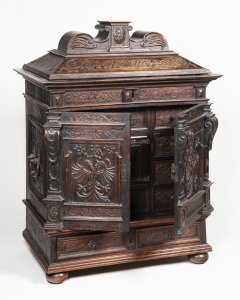
Lot 12 LATE MANNERIST CABINET
Starting price35 000 CZK | 1 458 €
Price realized
70 000 CZK | 2 917 €
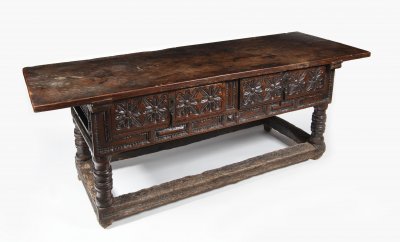
Lot 13 RENAISSANCE TABLE
Starting price36 000 CZK | 1 500 €
Price realized
95 000 CZK | 3 958 €
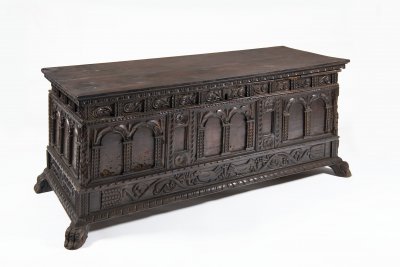
Lot 14 RENAISSANCE CHEST
Starting price22 000 CZK | 917 €
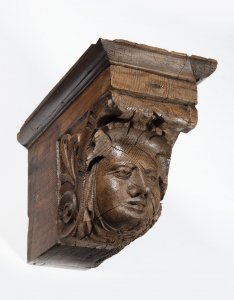
Lot 15 BAROQUE CONSOLE
Starting price3 000 CZK | 125 €
Price realized
4 500 CZK | 188 €
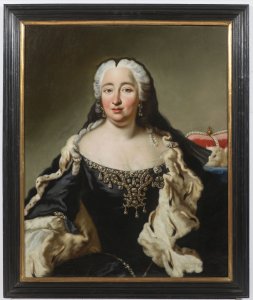
Lot 16 PORTRAIT OF ELISABETH CHRISTINE OF BRUNSWICK…
Starting price80 000 CZK | 3 333 €
Price realized
80 000 CZK | 3 333 €
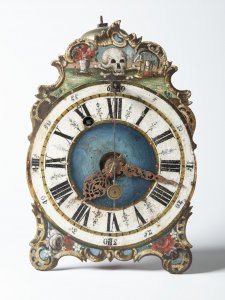
Lot 17 ROCOCO TABLE CLOCK
Starting price18 000 CZK | 750 €
Price realized
20 000 CZK | 833 €
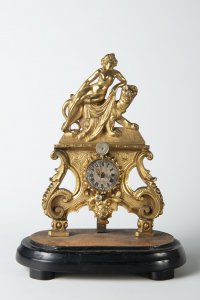
Lot 18 BAROQUE TABLE CLOCK
Starting price11 000 CZK | 458 €
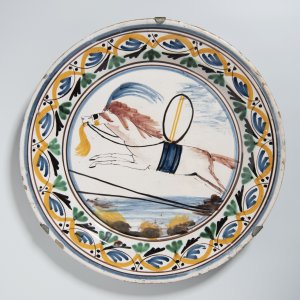
Lot 19 PLATE WITH HORSE
Starting price12 000 CZK | 500 €
Price realized
14 000 CZK | 583 €
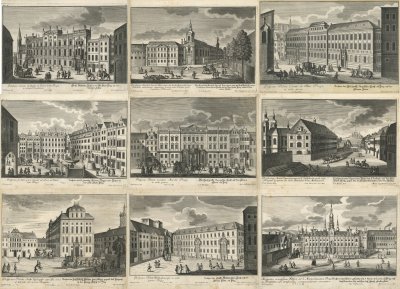
Lot 20 CONVOLUTE OF PRAGENSIA
Starting price30 000 CZK | 1 250 €
Price realized
39 000 CZK | 1 625 €
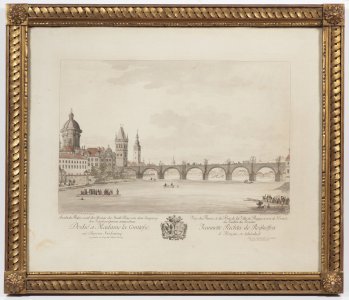
Lot 21 CHARLES BRIDGE
Starting price12 000 CZK | 500 €
Price realized
20 000 CZK | 833 €
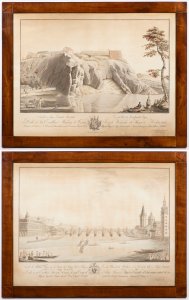
Lot 22 TWO PRAGENSIA
Starting price26 000 CZK | 1 083 €
Price realized
42 000 CZK | 1 750 €
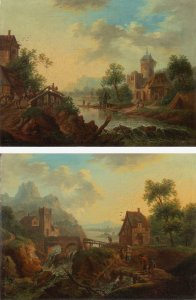
Lot 23 PAIR LANDSCAPES WITH A BRIDGE
Starting price35 000 CZK | 1 458 €
Price realized
37 000 CZK | 1 542 €
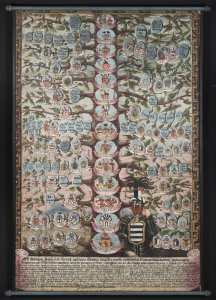
Lot 24 CLASSICISM FAMILY TREE
Starting price55 000 CZK | 2 292 €
Price realized
70 000 CZK | 2 917 €
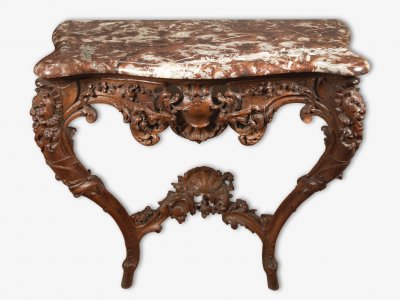
Lot 25 RÉGENCE CONSOLE TABLE
Starting price23 000 CZK | 958 €
Price realized
55 000 CZK | 2 292 €
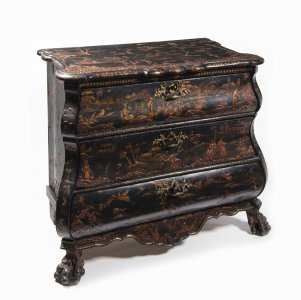
Lot 26 ROCOCO CHINOISERIE CHEST OF DRAWERS
Starting price30 000 CZK | 1 250 €
Price realized
55 000 CZK | 2 292 €
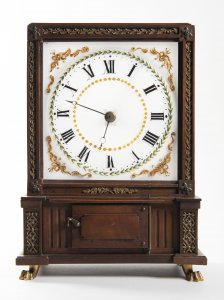
Lot 27 NIGHT CLOCK "NACHTLICHTUHR"
Starting price47 000 CZK | 1 958 €
Price realized
47 000 CZK | 1 958 €
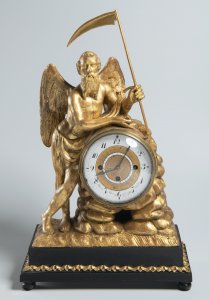
Lot 28 EMPIRE TABLE CLOCK
Starting price28 000 CZK | 1 167 €
Price realized
34 000 CZK | 1 417 €
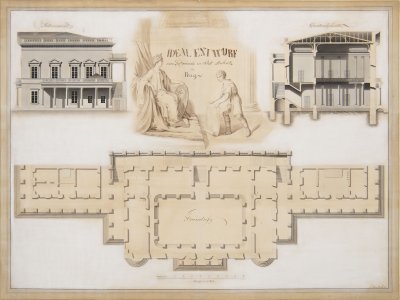
Lot 29 DESIGN OF A SUMMER PALACE IN BUBENEČ
Starting price46 000 CZK | 1 917 €
Price realized
46 000 CZK | 1 917 €
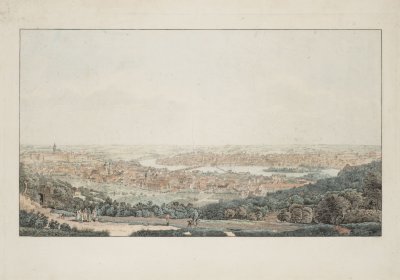
Lot 30 A VIEW OF PRAGUE FROM PETŘÍN
Starting price8 000 CZK | 333 €
Price realized
17 000 CZK | 708 €
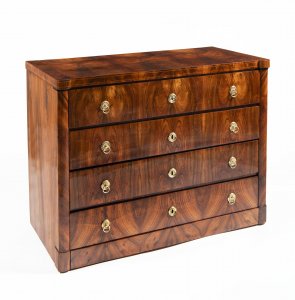
Lot 31 BIEDERMEIER CHEST OF DRAWERS
Starting price28 000 CZK | 1 167 €
Price realized
43 000 CZK | 1 792 €
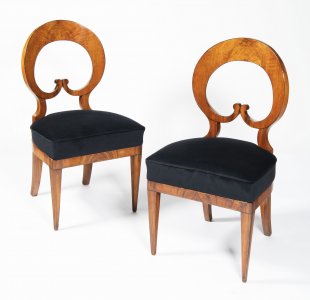
Lot 32 TWO BIEDERMEIER CHAIRS
Starting price20 000 CZK | 833 €
Price realized
20 000 CZK | 833 €
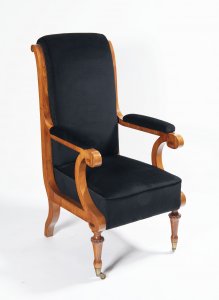
Lot 33 BIEDERMEIER ARMCHAIR
Starting price11 000 CZK | 458 €
Price realized
21 000 CZK | 875 €
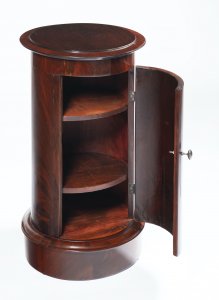
Lot 34 "SOMNO" BIEDERMEIER SIDE TABLE
Starting price15 000 CZK | 625 €
Price realized
15 000 CZK | 625 €
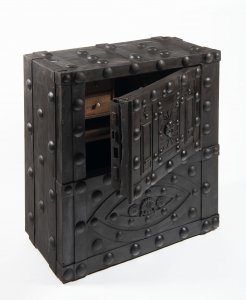
Lot 35 CLASSICISTIC IRON SAFE
Starting price22 000 CZK | 917 €
Price realized
44 000 CZK | 1 833 €
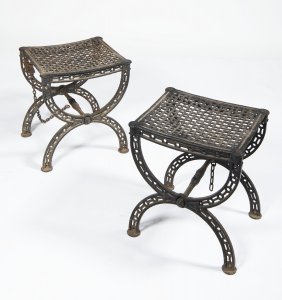
Lot 36 TWO CAST IRON STOOLS
Starting price18 000 CZK | 750 €
Price realized
37 000 CZK | 1 542 €
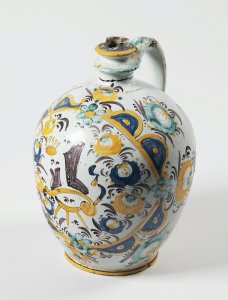
Lot 37 POSTHABAN GUILD JUG
Starting price12 000 CZK | 500 €
Price realized
25 000 CZK | 1 042 €
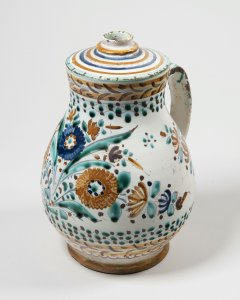
Lot 38 POSTHABAN JUG
Starting price10 000 CZK | 417 €
Price realized
10 000 CZK | 417 €
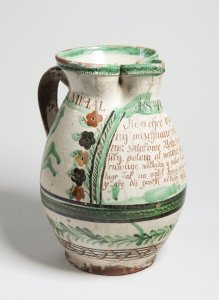
Lot 39 POSTHABAN WINEMAKERS JUG
Starting price16 000 CZK | 667 €
Price realized
20 000 CZK | 833 €
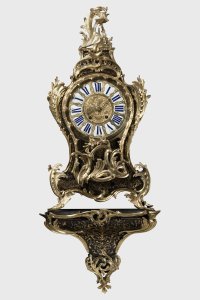
Lot 40 NAPOLEON III. CARTEL CLOCK
Starting price60 000 CZK | 2 500 €
Price realized
80 000 CZK | 3 333 €
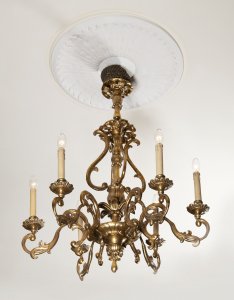
Lot 41 BAROQUE STYLE CHANDELIER
Starting price29 000 CZK | 1 208 €
Price realized
29 000 CZK | 1 208 €
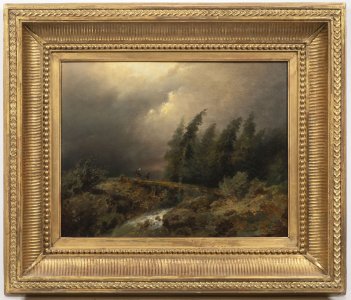
Lot 42 MOONLIT LANDSCAPE WITH A FOOTBRIDGE
Starting price120 000 CZK | 5 000 €
Price realized
270 000 CZK | 11 250 €
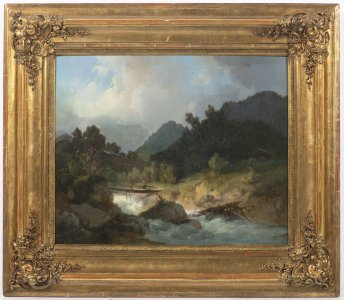
Lot 43 FOOTBRIDGE OVER THE STREAM
Starting price110 000 CZK | 4 583 €
Price realized
150 000 CZK | 6 250 €
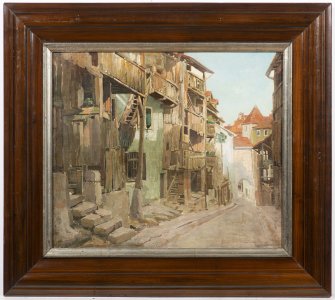
Lot 44 ALLEY IN KRUMLOV
Starting price50 000 CZK | 2 083 €
Price realized
50 000 CZK | 2 083 €
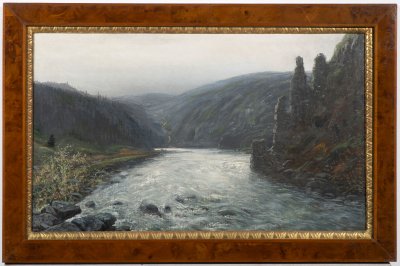
Lot 45 STONY RIVER
Starting price35 000 CZK | 1 458 €
Price realized
39 000 CZK | 1 625 €
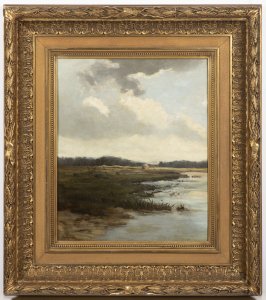
Lot 46 SOUTH BOHEMIAN POND IN THE EARLY EVENING
Starting price240 000 CZK | 10 000 €
Price realized
550 000 CZK | 22 917 €
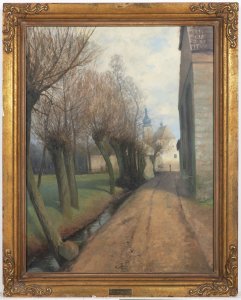
Lot 47 WILLOWS UNDER A TOWER
Starting price35 000 CZK | 1 458 €
Price realized
85 000 CZK | 3 542 €
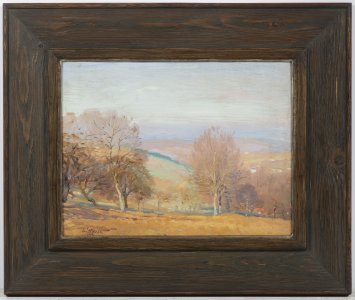
Lot 48 LANDSCAPE NEAR LUŽNICE
Starting price55 000 CZK | 2 292 €
Price realized
250 000 CZK | 10 417 €
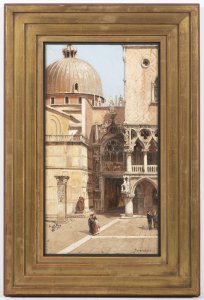
Lot 49 VENETIAN THEME
Starting price120 000 CZK | 5 000 €
Price realized
250 000 CZK | 10 417 €
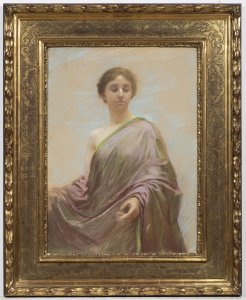
Lot 50 WOMAN WITH A DRAPERY
Starting price240 000 CZK | 10 000 €
Price realized
260 000 CZK | 10 833 €
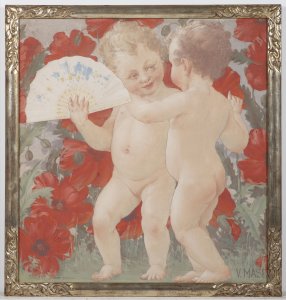
Lot 51 CHILDREN IN WILD POPPIES
Starting price25 000 CZK | 1 042 €
Price realized
25 000 CZK | 1 042 €
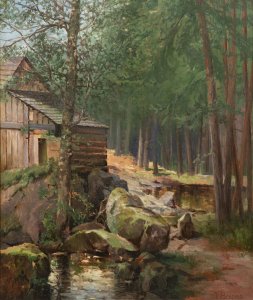
Lot 52 POND BY THE FOREST
Starting price30 000 CZK | 1 250 €
Price realized
30 000 CZK | 1 250 €
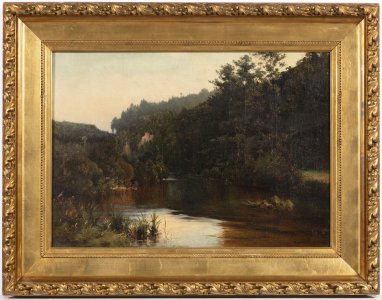
Lot 53 FOREST LAKE
Starting price35 000 CZK | 1 458 €
Price realized
60 000 CZK | 2 500 €
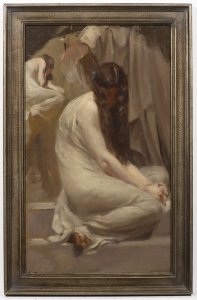
Lot 54 STUDY OF A FEMALE FIGURE
Starting price25 000 CZK | 1 042 €
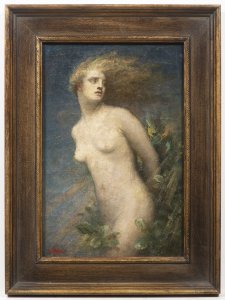
Lot 55 DAPHNE IN THE STORM BEFORE THE TRANSFORMATION
Starting price15 000 CZK | 625 €
Price realized
18 000 CZK | 750 €
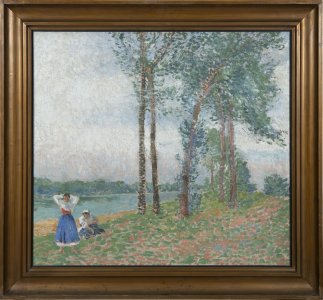
Lot 56 GIRLS BY THE RIVER
Starting price180 000 CZK | 7 500 €
Price realized
300 000 CZK | 12 500 €
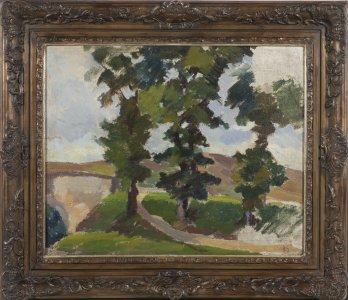
Lot 57 THREE TREES
Starting price230 000 CZK | 9 583 €
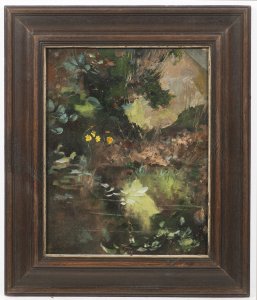
Lot 58 WOODLAND POND
Starting price28 000 CZK | 1 167 €
Price realized
32 000 CZK | 1 333 €
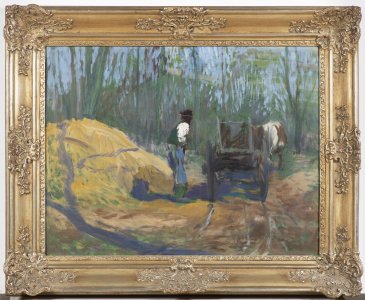
Lot 59 CARRIAGE ON THE FOREST PATH
Starting price40 000 CZK | 1 667 €
Price realized
160 000 CZK | 6 667 €
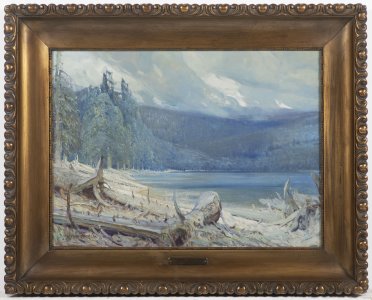
Lot 60 BLACK LAKE
Starting price24 000 CZK | 1 000 €
Price realized
36 000 CZK | 1 500 €
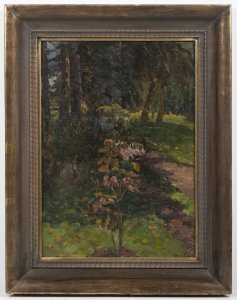
Lot 61 FOREST PATH
Starting price28 000 CZK | 1 167 €
Price realized
28 000 CZK | 1 167 €
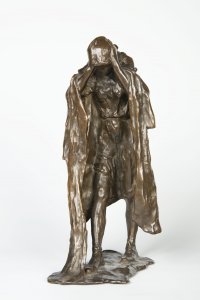
Lot 62 WOMAN ADJUSTING HER HAIR AFTER BATH
Starting price65 000 CZK | 2 708 €
Price realized
150 000 CZK | 6 250 €
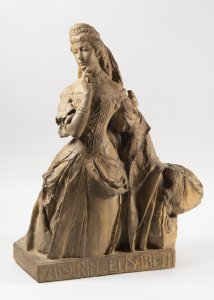
Lot 63 EMPRESS ELISABETH
Starting price65 000 CZK | 2 708 €
Price realized
65 000 CZK | 2 708 €
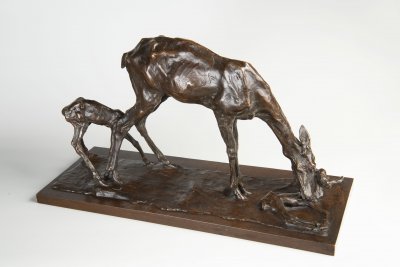
Lot 64 DOE AND FAWNS
Starting price90 000 CZK | 3 750 €
Price realized
320 000 CZK | 13 333 €
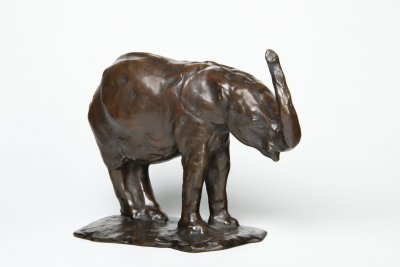
Lot 65 BABY ELEPHANT
Starting price60 000 CZK | 2 500 €
Price realized
180 000 CZK | 7 500 €
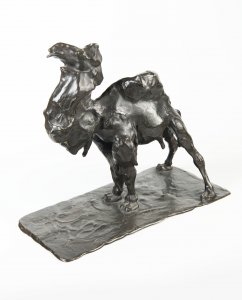
Lot 66 MOULTING CAMEL
Starting price90 000 CZK | 3 750 €
Price realized
400 000 CZK | 16 667 €
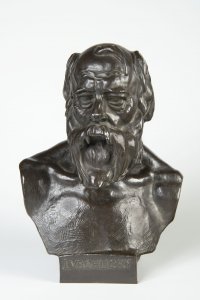
Lot 67 JAROSLAV VRCHLICKÝ
Starting price18 000 CZK | 750 €
Price realized
26 000 CZK | 1 083 €
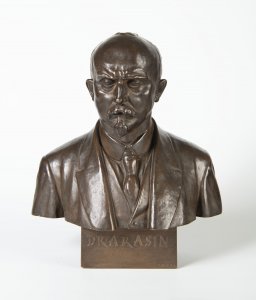
Lot 68 DR. ALOIS RAŠÍN
Starting price15 000 CZK | 625 €
Price realized
17 000 CZK | 708 €
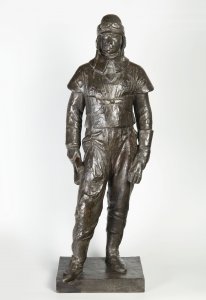
Lot 69 GENERÁL M. R. ŠTEFÁNIK
Starting price65 000 CZK | 2 708 €
Price realized
450 000 CZK | 18 750 €
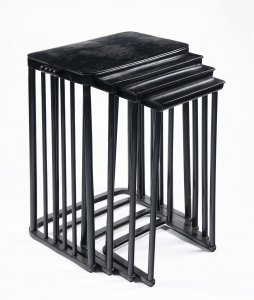
Lot 70 NESTING TABLES
Starting price29 000 CZK | 1 208 €
Price realized
33 000 CZK | 1 375 €
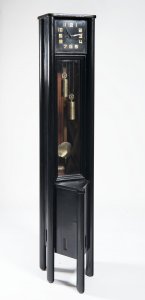
Lot 71 ART NOUVEAU LONGCASE CLOCK
Starting price28 000 CZK | 1 167 €
Price realized
28 000 CZK | 1 167 €
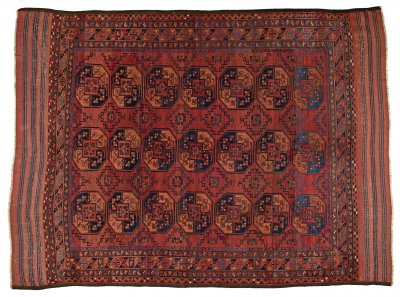
Lot 72 ERSARI RUG
Starting price30 000 CZK | 1 250 €
Price realized
30 000 CZK | 1 250 €
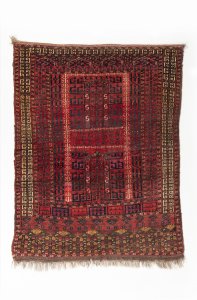
Lot 73 SARYK ENGSI RUG
Starting price10 000 CZK | 417 €
Price realized
10 000 CZK | 417 €
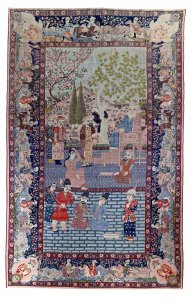
Lot 74 TABRÍZ PICTORIAL RUG
Starting price90 000 CZK | 3 750 €
Price realized
90 000 CZK | 3 750 €
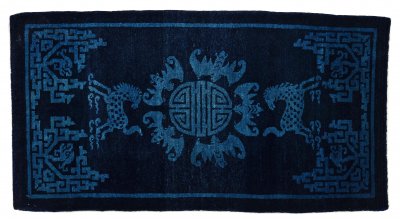
Lot 75 BEIJING RUG
Starting price21 000 CZK | 875 €

Lot 76 SEYCHOUR RUNNER
Starting price47 000 CZK | 1 958 €
Price realized
47 000 CZK | 1 958 €
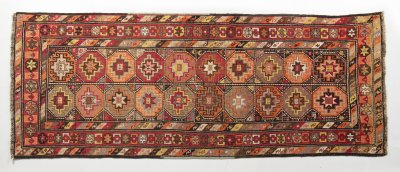
Lot 77 LURISTAN RUNNER
Starting price9 000 CZK | 375 €
Price realized
17 000 CZK | 708 €
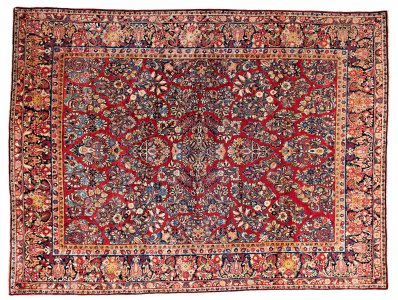
Lot 78 SAROUK RUG
Starting price36 000 CZK | 1 500 €
Price realized
36 000 CZK | 1 500 €
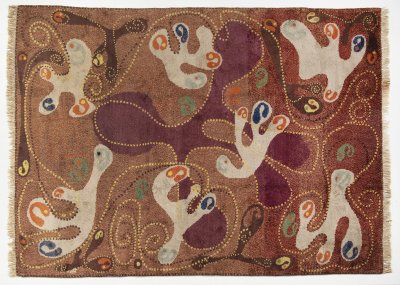
Lot 79 FIRST-REPUBLIC RUG
Starting price28 000 CZK | 1 167 €
Price realized
44 000 CZK | 1 833 €
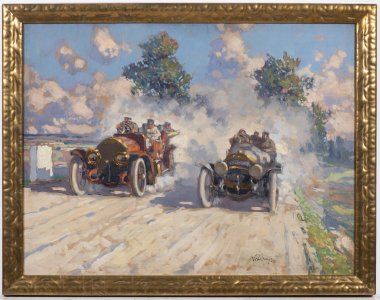
Lot 80 DIRECT MATCH
Starting price60 000 CZK | 2 500 €
Price realized
120 000 CZK | 5 000 €
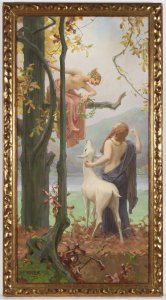
Lot 81 ALLEGORY OF SPRING
Starting price65 000 CZK | 2 708 €
Price realized
140 000 CZK | 5 833 €
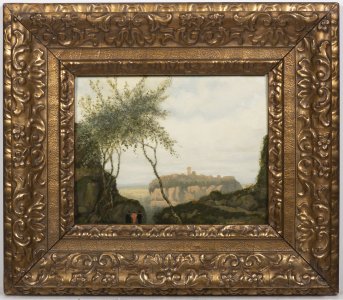
Lot 82 WAY TO EMMAUS
Starting price11 000 CZK | 458 €
Price realized
19 000 CZK | 792 €
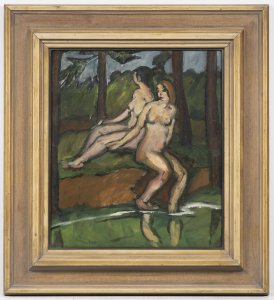
Lot 83 BATHING
Starting price50 000 CZK | 2 083 €
Price realized
50 000 CZK | 2 083 €
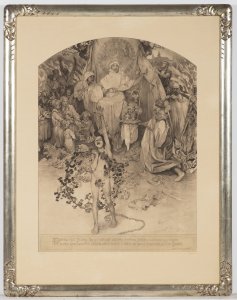
Lot 84 PROCITNUTÍ NÁRODA
Starting price14 000 CZK | 583 €
Price realized
17 000 CZK | 708 €
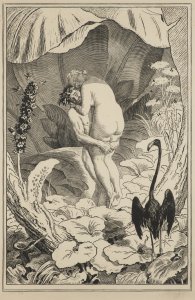
Lot 85 ABDUCTION, FROM THE CYCLE PARADISE SONATA
Starting price15 000 CZK | 625 €
Price realized
38 000 CZK | 1 583 €
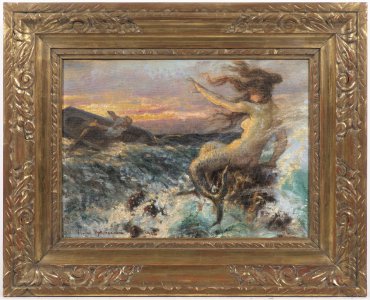
Lot 86 NAIAD
Starting price140 000 CZK | 5 833 €
Price realized
190 000 CZK | 7 917 €
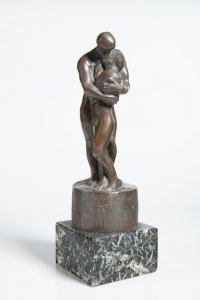
Lot 87 MAY
Starting price20 000 CZK | 833 €
Price realized
41 000 CZK | 1 708 €
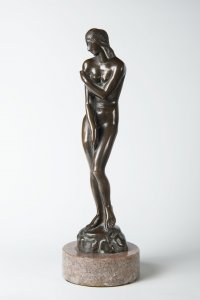
Lot 88 VENUS
Starting price22 000 CZK | 917 €
Price realized
27 000 CZK | 1 125 €
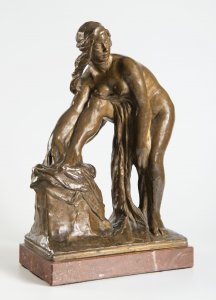
Lot 89 AFTER BATH
Starting price25 000 CZK | 1 042 €
Price realized
36 000 CZK | 1 500 €
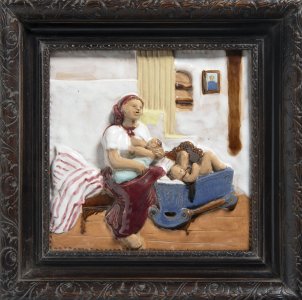
Lot 90 LULLABY
Starting price10 000 CZK | 417 €
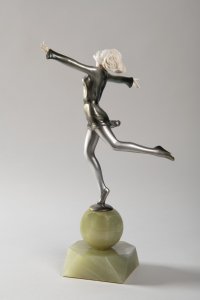
Lot 91 DANCER
Starting price19 000 CZK | 792 €
Price realized
30 000 CZK | 1 250 €
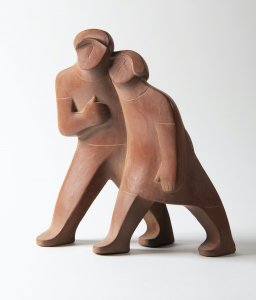
Lot 92 WALKING COUPLE
Starting price35 000 CZK | 1 458 €
Price realized
45 000 CZK | 1 875 €
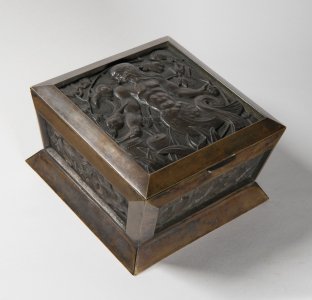
Lot 93 ART DECO BOX
Starting price14 000 CZK | 583 €
Price realized
41 000 CZK | 1 708 €
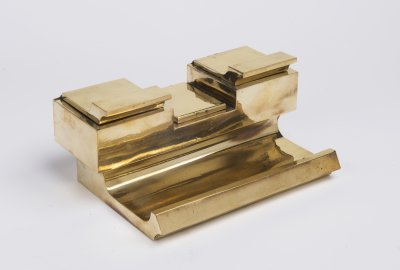
Lot 94 ARTĚL INKWELL
Starting price40 000 CZK | 1 667 €
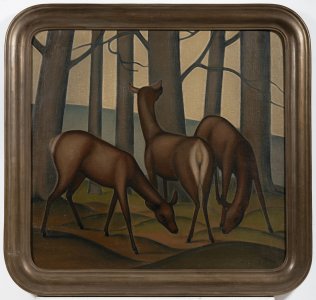
Lot 95 THREE DOES
Starting price30 000 CZK | 1 250 €
Price realized
30 000 CZK | 1 250 €
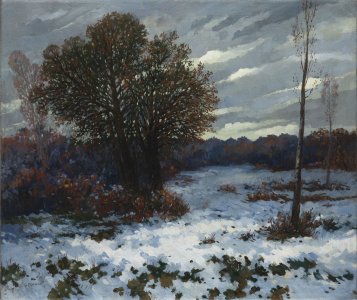
Lot 96 WINTER LANDSCAPE
Starting price32 000 CZK | 1 333 €
Price realized
43 000 CZK | 1 792 €
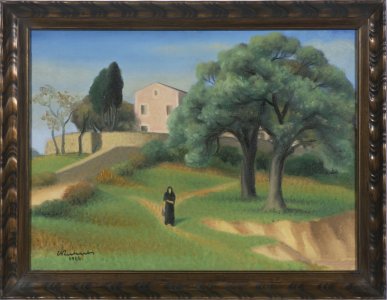
Lot 97 FROM CORSICA
Starting price65 000 CZK | 2 708 €
Price realized
65 000 CZK | 2 708 €
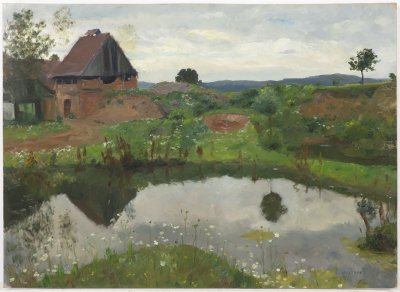
Lot 98 LANDSCAPE WITH A POND
Starting price20 000 CZK | 833 €
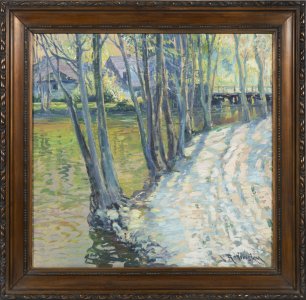
Lot 99 ELBE NEAR STARÝ KOLÍN
Starting price240 000 CZK | 10 000 €
Price realized
240 000 CZK | 10 000 €
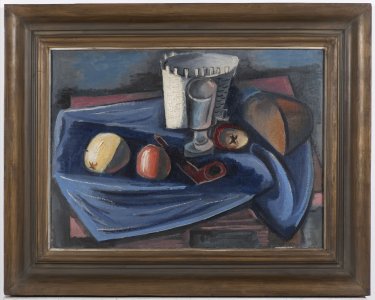
Lot 100 STILL LIFE WITH APPLES, BREAD AND PIPE
Starting price450 000 CZK | 18 750 €
Price realized
1 500 000 CZK | 62 500 €
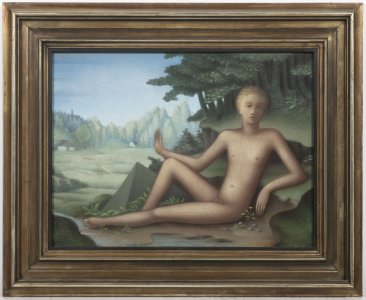
Lot 101 SPRING
Starting price3 200 000 CZK | 133 333 €
Price realized
4 400 000 CZK | 183 333 €
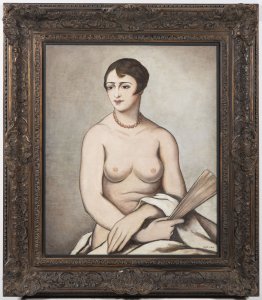
Lot 102 NUDE WITH A FAN
Starting price120 000 CZK | 5 000 €
Price realized
120 000 CZK | 5 000 €
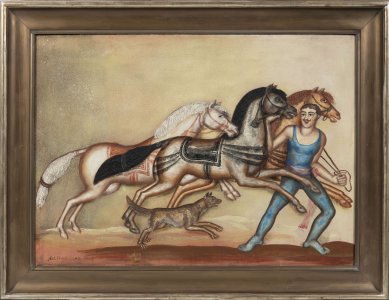
Lot 103 THE HORSE TAMER
Starting price800 000 CZK | 33 333 €
Price realized
800 000 CZK | 33 333 €
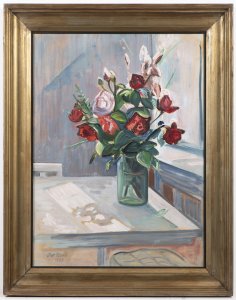
Lot 104 STILL LIFE WITH A BOUQUET
Starting price90 000 CZK | 3 750 €
Price realized
250 000 CZK | 10 417 €
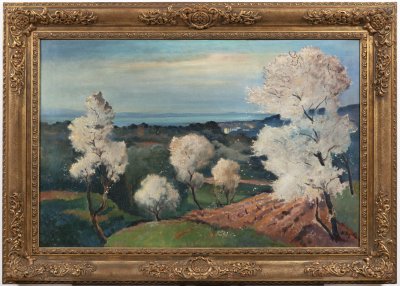
Lot 106 MARCH IN CORSICA
Starting price90 000 CZK | 3 750 €
Price realized
90 000 CZK | 3 750 €
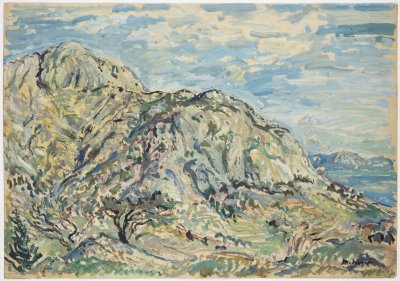
Lot 107 FROM THE SOUTH
Starting price48 000 CZK | 2 000 €
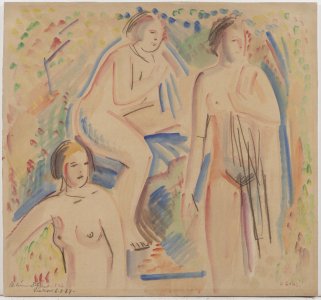
Lot 108 BATHING
Starting price12 000 CZK | 500 €
Price realized
13 000 CZK | 542 €
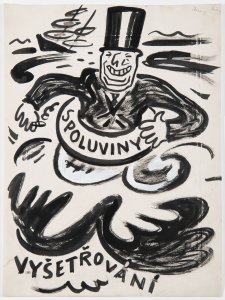
Lot 109 THE CORRUPTER IN THE PUDDLE
Starting price38 000 CZK | 1 583 €
Price realized
60 000 CZK | 2 500 €
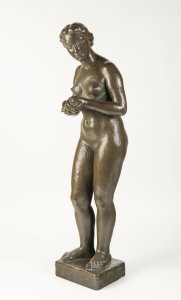
Lot 110 WOMAN WITH APPLE III
Starting price140 000 CZK | 5 833 €
Price realized
200 000 CZK | 8 333 €
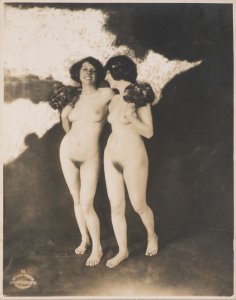
Lot 111 NUDE 66
Starting price20 000 CZK | 833 €
Price realized
25 000 CZK | 1 042 €
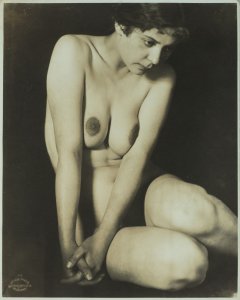
Lot 112 NUDE 44
Starting price20 000 CZK | 833 €
Price realized
20 000 CZK | 833 €
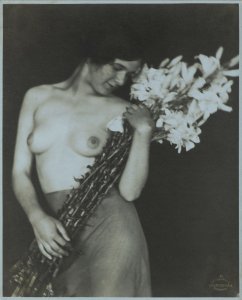
Lot 113 NUDE 43
Starting price20 000 CZK | 833 €
Price realized
20 000 CZK | 833 €
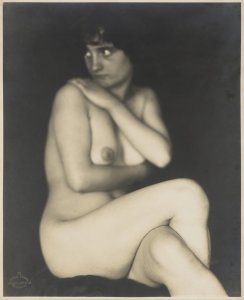
Lot 114 NUDE 32
Starting price20 000 CZK | 833 €
Price realized
20 000 CZK | 833 €
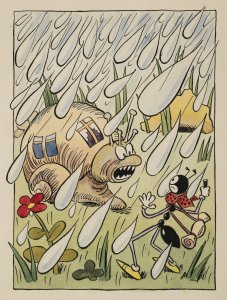
Lot 115 HOW MR. SNAIL CURSED UNKINDLY
Starting price40 000 CZK | 1 667 €
Price realized
130 000 CZK | 5 417 €
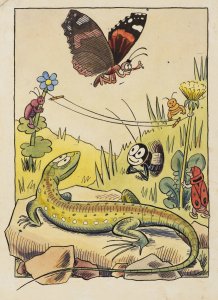
Lot 116 JAK PANU CVRČKOVI NEHRÁLO RÁDIO
Starting price40 000 CZK | 1 667 €
Price realized
100 000 CZK | 4 167 €
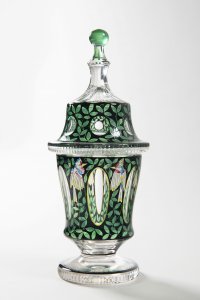
Lot 117 GLASS GOBLET
Starting price6 000 CZK | 250 €
Price realized
9 500 CZK | 396 €
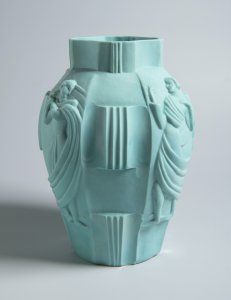
Lot 118 VASE INGRID
Starting price5 000 CZK | 208 €
Price realized
9 500 CZK | 396 €
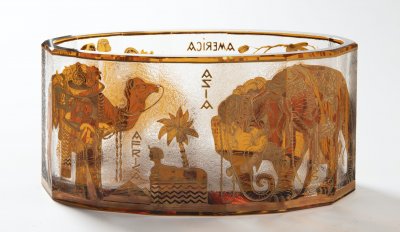
Lot 119 BOWL WITH ALLEGORIES OF CONTINENTS
Starting price9 000 CZK | 375 €
Price realized
13 000 CZK | 542 €
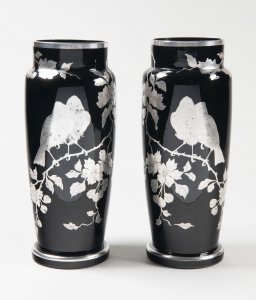
Lot 120 PAIR OF VASES
Starting price5 000 CZK | 208 €
Price realized
5 000 CZK | 208 €
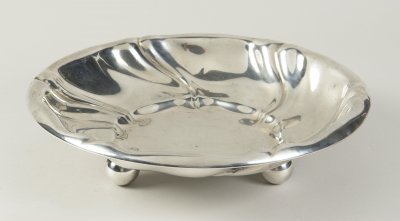
Lot 121 SILVER BOWL
Starting price4 000 CZK | 167 €
Price realized
5 500 CZK | 229 €
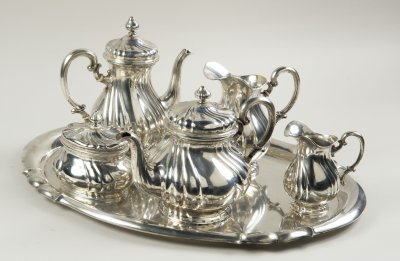
Lot 122 SILVER TEA AND COFFEE SERVICE
Starting price30 000 CZK | 1 250 €
Price realized
60 000 CZK | 2 500 €
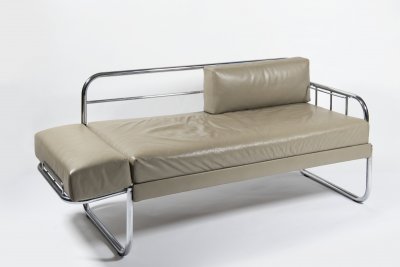
Lot 123 FUNCTIONALIST DAY BED
Starting price12 000 CZK | 500 €
Price realized
17 000 CZK | 708 €
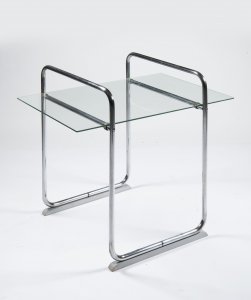
Lot 124 FUNCTIONALIST SIDE TABLE
Starting price7 000 CZK | 292 €
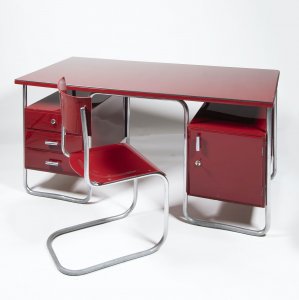
Lot 125 WRITING DESK 1287 AND CHAIR
Starting price28 000 CZK | 1 167 €
Price realized
42 000 CZK | 1 750 €
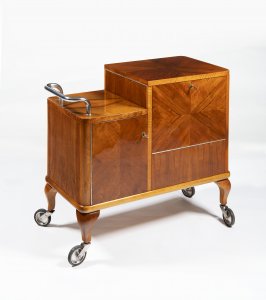
Lot 126 FUNCTIONALIST SERVING BAR CART
Starting price18 000 CZK | 750 €
Price realized
33 000 CZK | 1 375 €
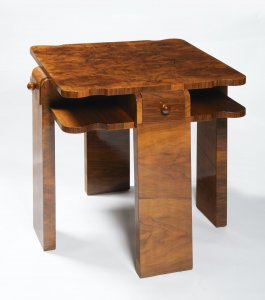
Lot 127 ART DECO PLAYING TABLE
Starting price18 000 CZK | 750 €
Price realized
18 000 CZK | 750 €
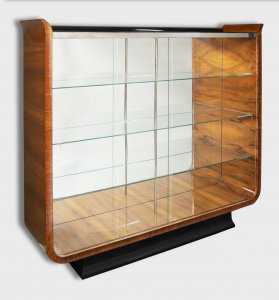
Lot 128 "TULIP" SHOWCASE
Starting price90 000 CZK | 3 750 €
Price realized
150 000 CZK | 6 250 €
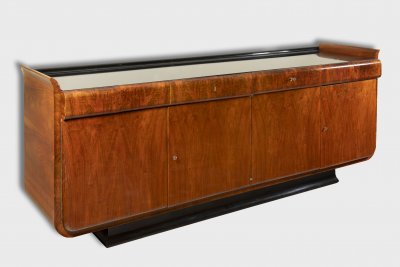
Lot 129 "TULIP" SIDE BOARD
Starting price80 000 CZK | 3 333 €
Price realized
110 000 CZK | 4 583 €
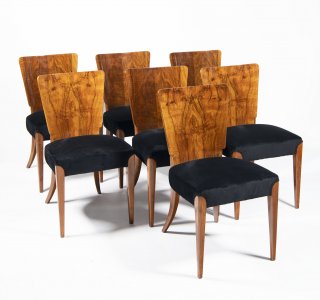
Lot 130 SET OF SEVEN ART DECO CHAIRS
Starting price45 000 CZK | 1 875 €
Price realized
140 000 CZK | 5 833 €
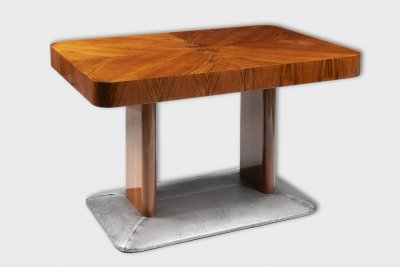
Lot 131 ART DECO DINING TABLE
Starting price25 000 CZK | 1 042 €
Price realized
130 000 CZK | 5 417 €
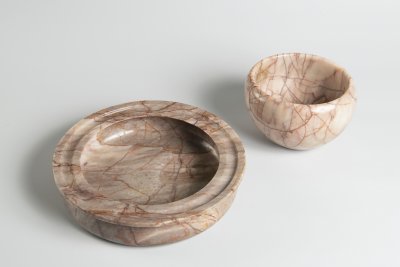
Lot 132 TWO MARBLE BOWLS
Starting price10 000 CZK | 417 €
Price realized
21 000 CZK | 875 €
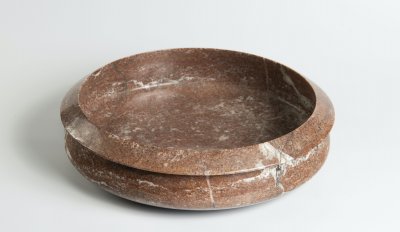
Lot 133 MARBLE BOWL
Starting price7 000 CZK | 292 €
Price realized
14 000 CZK | 583 €
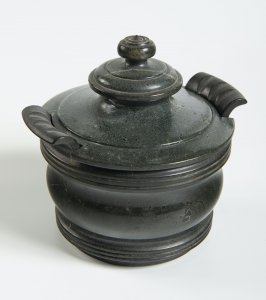
Lot 134 STONE BOX
Starting price5 000 CZK | 208 €
Price realized
5 000 CZK | 208 €
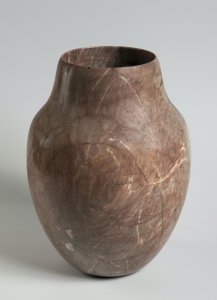
Lot 135 MARBLE VASE
Starting price11 000 CZK | 458 €
Price realized
12 000 CZK | 500 €
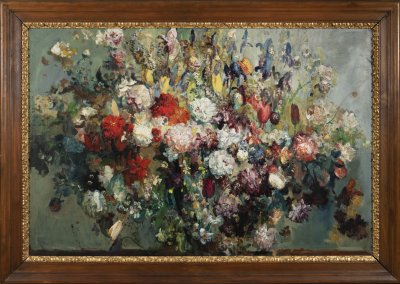
Lot 136 MULTICOLOURED BOUQUET OF SPRING FLOWERS
Starting price220 000 CZK | 9 167 €
Price realized
500 000 CZK | 20 833 €
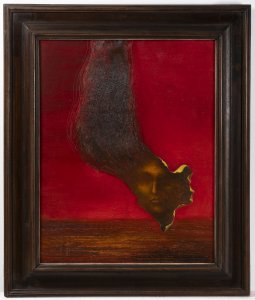
Lot 137 MASK III
Starting price3 800 000 CZK | 158 333 €
Price realized
5 700 000 CZK | 237 500 €
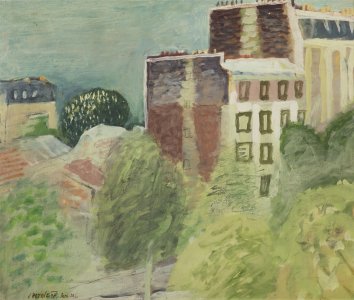
Lot 138 A VIEW OF PARIS
Starting price28 000 CZK | 1 167 €
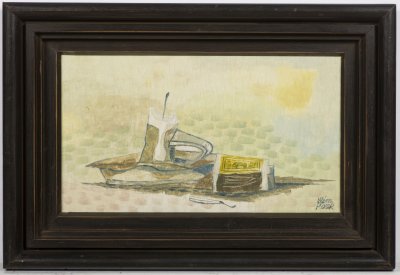
Lot 139 STILL LIFE WITH A CANDLESTICK
Starting price12 000 CZK | 500 €
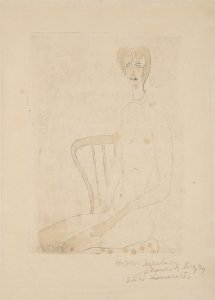
Lot 140 SITTNG NUDE
Starting price15 000 CZK | 625 €
Price realized
15 000 CZK | 625 €
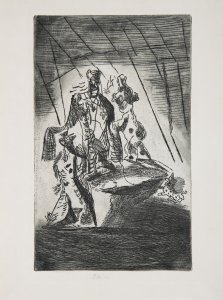
Lot 141 CLOWNS IN THE MANEGE
Starting price14 000 CZK | 583 €
Price realized
20 000 CZK | 833 €
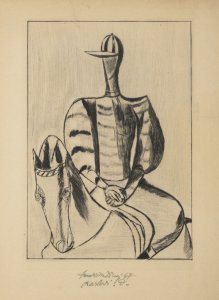
Lot 142 RACING JOCKEY
Starting price12 000 CZK | 500 €
Price realized
23 000 CZK | 958 €
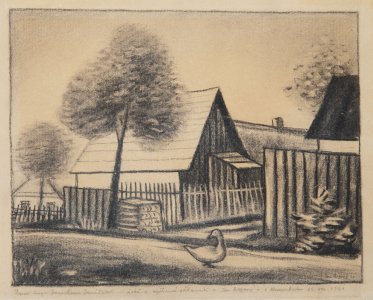
Lot 143 IN KRUCEMBURK
Starting price65 000 CZK | 2 708 €
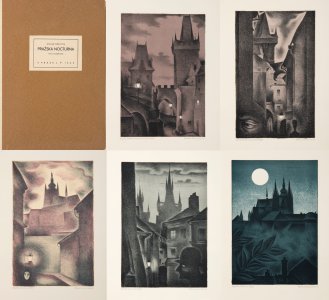
Lot 144 PRAGUE NOCTURNES
Starting price12 000 CZK | 500 €
Price realized
17 000 CZK | 708 €
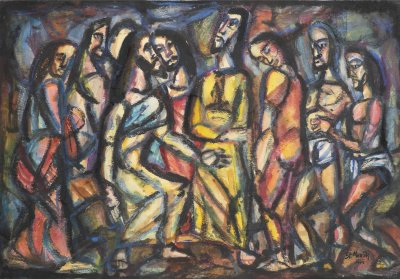
Lot 145 CHRIST AND THE APOSTLES
Starting price12 000 CZK | 500 €
Price realized
16 000 CZK | 667 €
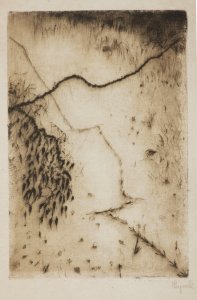
Lot 146 BIRD TRACK
Starting price25 000 CZK | 1 042 €
Price realized
30 000 CZK | 1 250 €
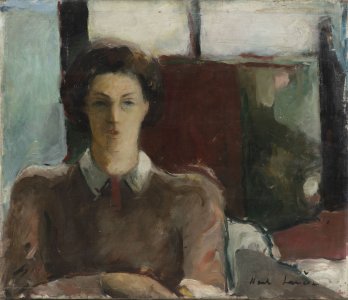
Lot 147 PORTRAIT OF A WOMAN
Starting price65 000 CZK | 2 708 €
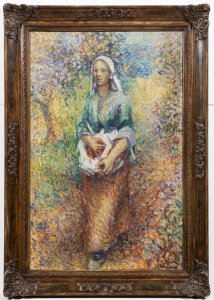
Lot 148 THE SETTER
Starting price65 000 CZK | 2 708 €
Price realized
95 000 CZK | 3 958 €
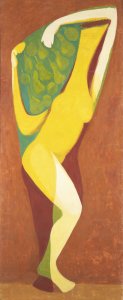
Lot 149 AUTUMN
Starting price65 000 CZK | 2 708 €
Price realized
70 000 CZK | 2 917 €
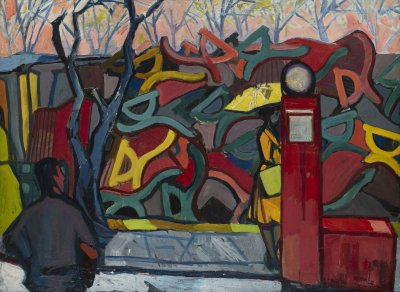
Lot 150 BENCHES
Starting price30 000 CZK | 1 250 €
Price realized
75 000 CZK | 3 125 €
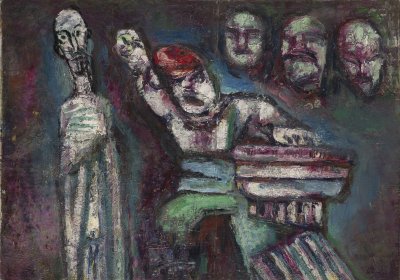
Lot 151 TOTALIARIANISM
Starting price70 000 CZK | 2 917 €
Price realized
70 000 CZK | 2 917 €
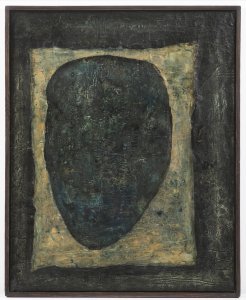
Lot 152 UNTITLED
Starting price220 000 CZK | 9 167 €
Price realized
350 000 CZK | 14 583 €
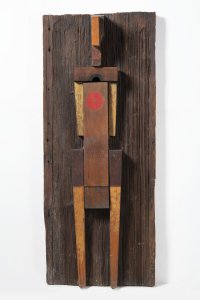
Lot 153 STANDING FIGURE
Starting price80 000 CZK | 3 333 €
Price realized
80 000 CZK | 3 333 €
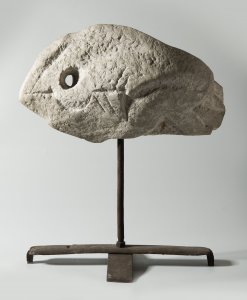
Lot 154 FISH
Starting price60 000 CZK | 2 500 €
Price realized
65 000 CZK | 2 708 €
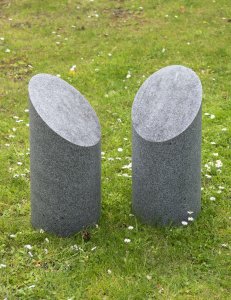
Lot 155 LEGS
Starting price36 000 CZK | 1 500 €
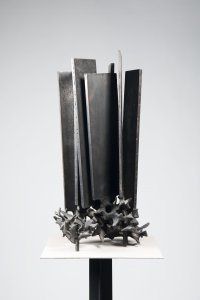
Lot 156 METAMORPHOSIS II
Starting price28 000 CZK | 1 167 €
Price realized
30 000 CZK | 1 250 €
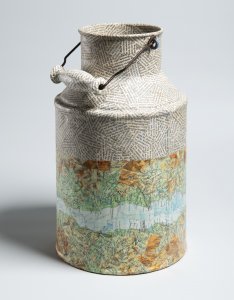
Lot 157 FOUR LITRES OF GEOGRAPHY
Starting price45 000 CZK | 1 875 €
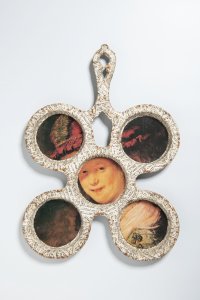
Lot 158 SOMEWHAT DOUGHY FACE
Starting price35 000 CZK | 1 458 €
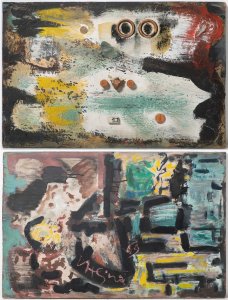
Lot 159 GAMBLER AND COMPOSITION
Starting price22 000 CZK | 917 €
Price realized
22 000 CZK | 917 €
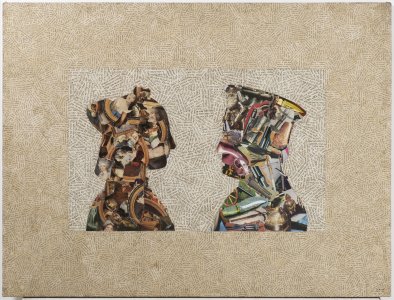
Lot 160 MUSES ARE NOT SILENT AS ARMS MAKE NOISE
Starting price120 000 CZK | 5 000 €
Price realized
120 000 CZK | 5 000 €
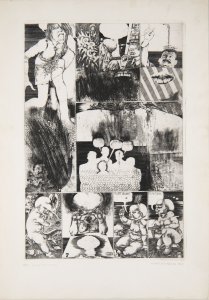
Lot 161 WHAT SHALL WE DO THEN?
Starting price10 000 CZK | 417 €
Price realized
14 000 CZK | 583 €
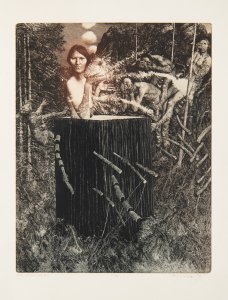
Lot 162 EVA PRIMA PANDORA
Starting price25 000 CZK | 1 042 €
Price realized
60 000 CZK | 2 500 €
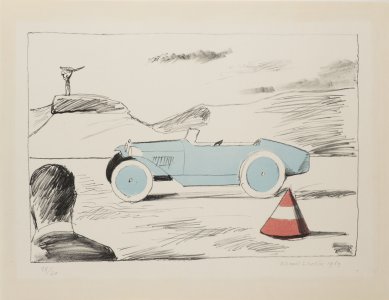
Lot 163 BLUE AUTOMOBILE
Starting price35 000 CZK | 1 458 €
Price realized
110 000 CZK | 4 583 €
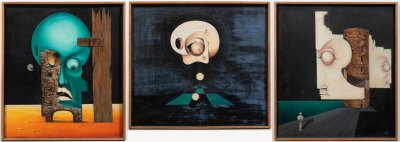
Lot 164 TRIPTYCH
Starting price90 000 CZK | 3 750 €
Price realized
170 000 CZK | 7 083 €
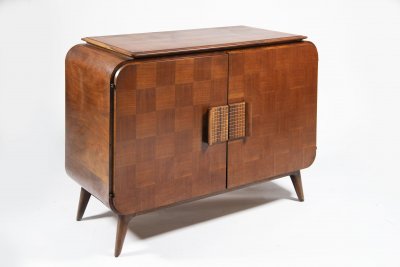
Lot 165 SIDE BOARD
Starting price32 000 CZK | 1 333 €
Price realized
60 000 CZK | 2 500 €
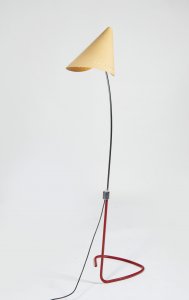
Lot 166 DESIGN FLOOR LAMP
Starting price11 000 CZK | 458 €
Price realized
11 000 CZK | 458 €
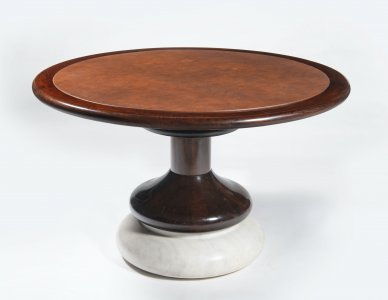
Lot 167 DESIGN DINING TABLE
Starting price40 000 CZK | 1 667 €
Price realized
40 000 CZK | 1 667 €
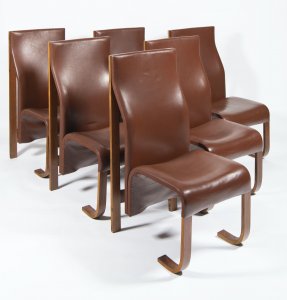
Lot 168 SET OF SIX DESIGN CHAIRS
Starting price50 000 CZK | 2 083 €
Price realized
50 000 CZK | 2 083 €
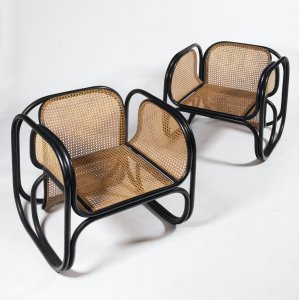
Lot 169 TWO DESIGN ARMCHAIRS TON
Starting price40 000 CZK | 1 667 €
Price realized
44 000 CZK | 1 833 €
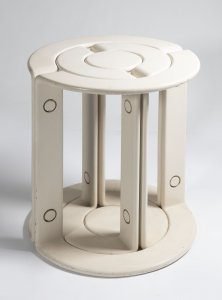
Lot 170 DESIGN SIDE TABLE
Starting price20 000 CZK | 833 €
Price realized
25 000 CZK | 1 042 €
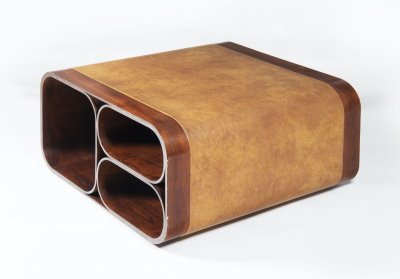
Lot 171 DESIGN COFFEE TABLE
Starting price25 000 CZK | 1 042 €
Price realized
32 000 CZK | 1 333 €
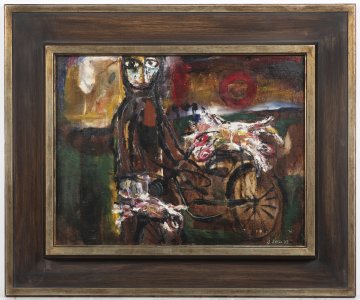
Lot 172 FUR TRADER
Starting price43 000 CZK | 1 792 €
Price realized
150 000 CZK | 6 250 €
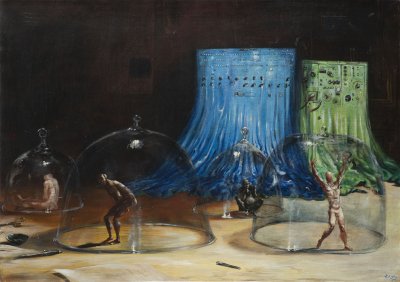
Lot 173 HOMUNCULI
Starting price95 000 CZK | 3 958 €
Price realized
100 000 CZK | 4 167 €
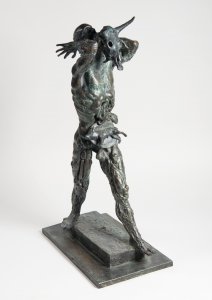
Lot 174 MINOTAUR
Starting price110 000 CZK | 4 583 €
Price realized
130 000 CZK | 5 417 €
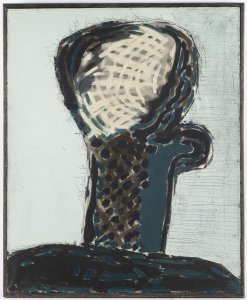
Lot 175 VEGETATION
Starting price75 000 CZK | 3 125 €
Price realized
140 000 CZK | 5 833 €
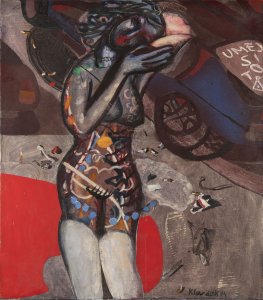
Lot 176 GIRL WITH SHELL (MAN AND CAR I.)
Starting price30 000 CZK | 1 250 €
Price realized
35 000 CZK | 1 458 €
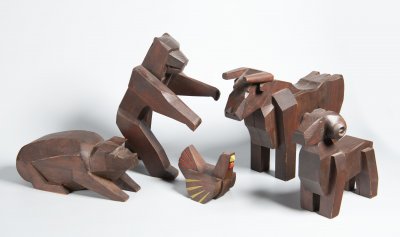
Lot 177 SET OF FIVE ANIMAL MODELS
Starting price27 000 CZK | 1 125 €
Price realized
27 000 CZK | 1 125 €
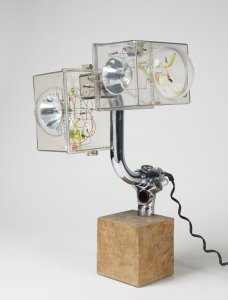
Lot 178 SEMI-DETACHED HOUSE FOR INSECTS
Starting price28 000 CZK | 1 167 €
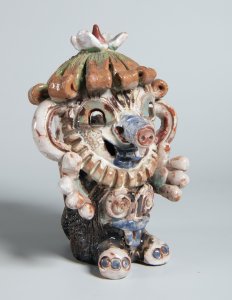
Lot 179 DWARF
Starting price14 000 CZK | 583 €
Price realized
14 000 CZK | 583 €
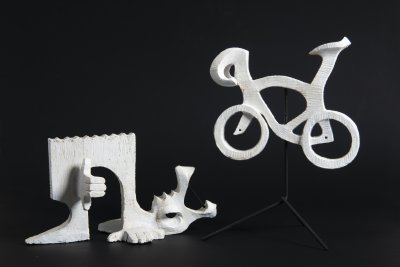
Lot 180 BICYCLE AND DRAGON
Starting price12 000 CZK | 500 €
Price realized
12 000 CZK | 500 €
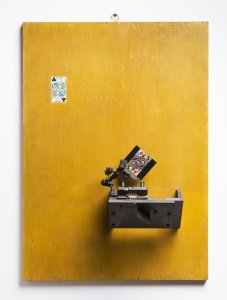
Lot 181 DILEMMA OF THE TRUMP KING
Starting price48 000 CZK | 2 000 €
Price realized
70 000 CZK | 2 917 €
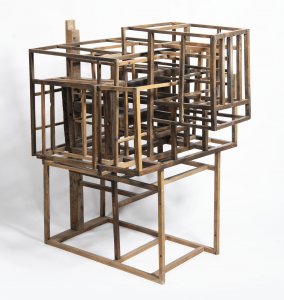
Lot 182 UNTITLED (ANIMAL)
Starting price350 000 CZK | 14 583 €
Price realized
850 000 CZK | 35 417 €
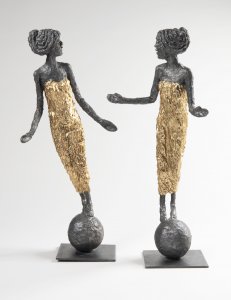
Lot 183 SISTERS
Starting price240 000 CZK | 10 000 €
Price realized
500 000 CZK | 20 833 €
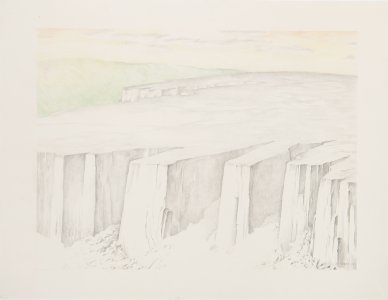
Lot 184 CLIFF
Starting price15 000 CZK | 625 €
Price realized
15 000 CZK | 625 €
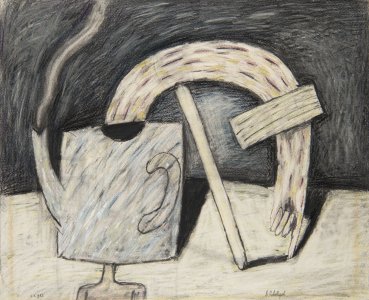
Lot 185 STILL LIFE
Starting price29 000 CZK | 1 208 €
Price realized
110 000 CZK | 4 583 €
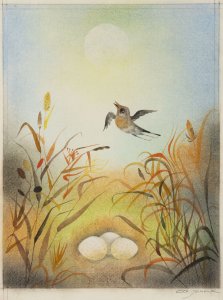
Lot 186 SPRING
Starting price22 000 CZK | 917 €
Price realized
38 000 CZK | 1 583 €
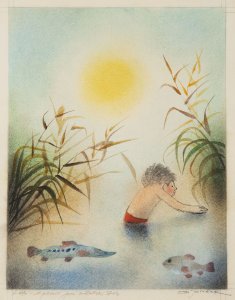
Lot 187 SUMMER
Starting price22 000 CZK | 917 €
Price realized
25 000 CZK | 1 042 €
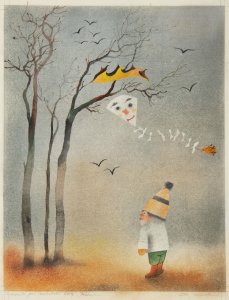
Lot 188 AUTUMN
Starting price22 000 CZK | 917 €
Price realized
30 000 CZK | 1 250 €
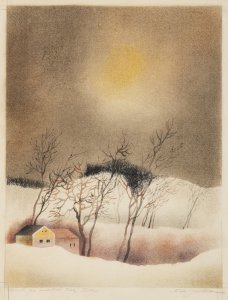
Lot 189 WINTER
Starting price22 000 CZK | 917 €
Price realized
27 000 CZK | 1 125 €
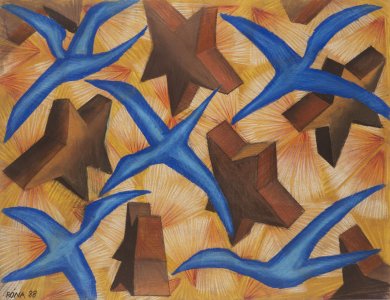
Lot 190 BIRDS AND STARS II.
Starting price30 000 CZK | 1 250 €
Price realized
95 000 CZK | 3 958 €
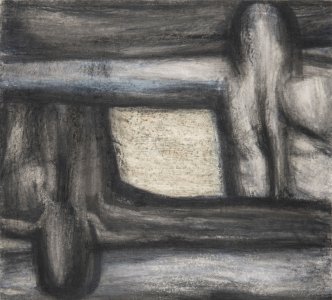
Lot 191 BLACK AND WHITE
Starting price65 000 CZK | 2 708 €
Price realized
110 000 CZK | 4 583 €
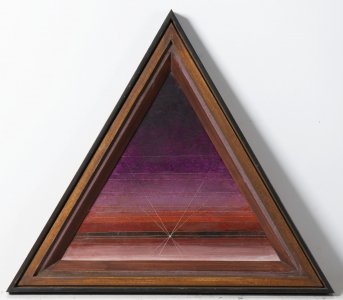
Lot 192 BEGINNING AND THE END
Starting price24 000 CZK | 1 000 €
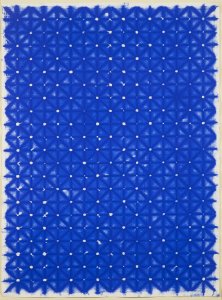
Lot 193 BLUE MONOSTRUCTURE
Starting price30 000 CZK | 1 250 €
Price realized
50 000 CZK | 2 083 €
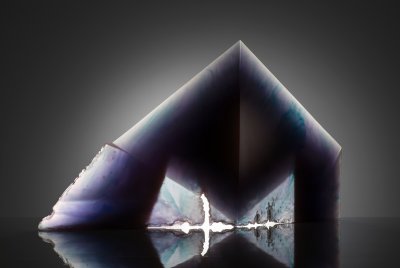
Lot 194 THRONE FOR BRIDE
Starting price500 000 CZK | 20 833 €
Price realized
700 000 CZK | 29 167 €
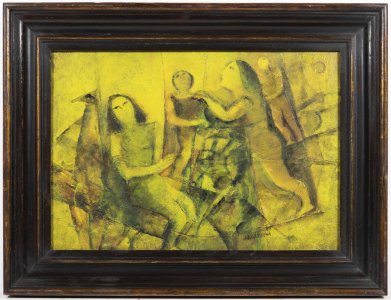
Lot 195 GARDEN CELEBRATION
Starting price18 000 CZK | 750 €
Price realized
18 000 CZK | 750 €
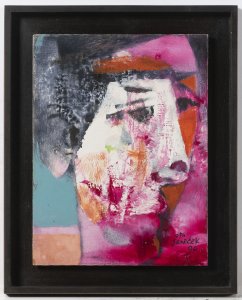
Lot 196 HEAD OF A MAN
Starting price55 000 CZK | 2 292 €
Price realized
55 000 CZK | 2 292 €
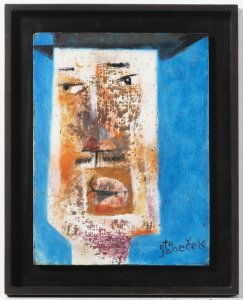
Lot 197 MAN IN A BLACK HAT
Starting price55 000 CZK | 2 292 €
Price realized
60 000 CZK | 2 500 €
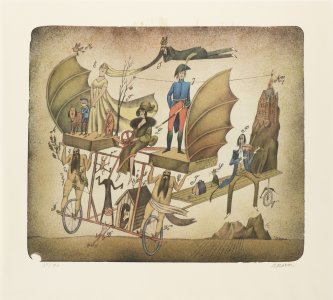
Lot 198 ON THE HONEYMOON
Starting price15 000 CZK | 625 €
Price realized
36 000 CZK | 1 500 €
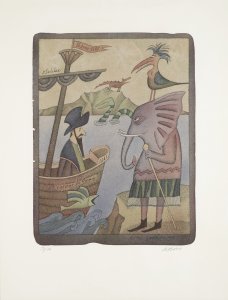
Lot 199 VASCO DA GAMA
Starting price15 000 CZK | 625 €
Price realized
36 000 CZK | 1 500 €
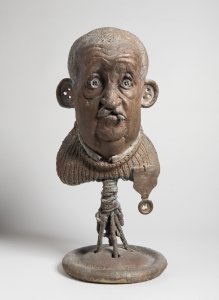
Lot 200 OMAGGIO PROF. H.
Starting price55 000 CZK | 2 292 €
Price realized
55 000 CZK | 2 292 €
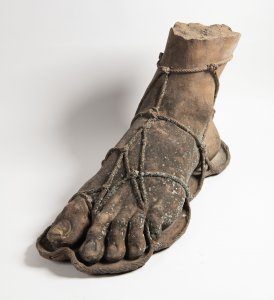
Lot 201 LEG OF THE FIRST MESSENGER
Starting price48 000 CZK | 2 000 €
Price realized
48 000 CZK | 2 000 €
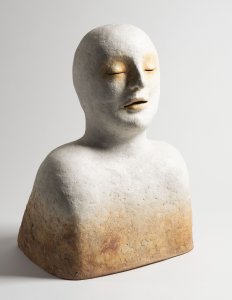
Lot 202 DREAMING
Starting price55 000 CZK | 2 292 €
Price realized
55 000 CZK | 2 292 €
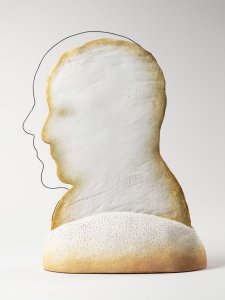
Lot 203 FROM THE SERIES, FACES
Starting price48 000 CZK | 2 000 €
Price realized
60 000 CZK | 2 500 €
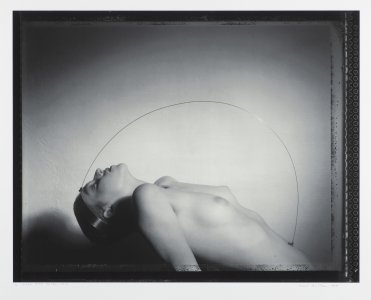
Lot 204 NUDE WITH METAL ARCH (TRIBUTE TO VRATISLAV KAREL NOVÁK)
Starting price48 000 CZK | 2 000 €
Price realized
48 000 CZK | 2 000 €
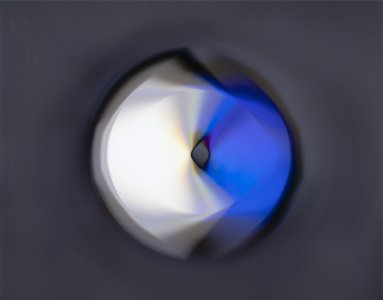
Lot 205 PENETRATION VII.
Starting price48 000 CZK | 2 000 €
Price realized
48 000 CZK | 2 000 €
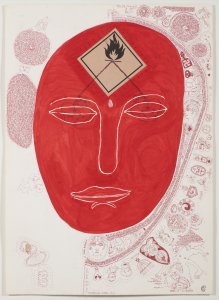
Lot 206 NOLI ME TANGERE
Starting price75 000 CZK | 3 125 €
Price realized
75 000 CZK | 3 125 €
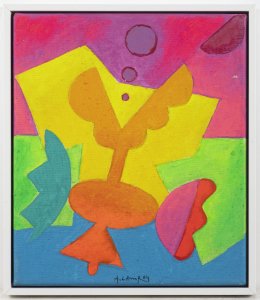
Lot 207 SWALLOWER
Starting price12 000 CZK | 500 €
Price realized
24 000 CZK | 1 000 €
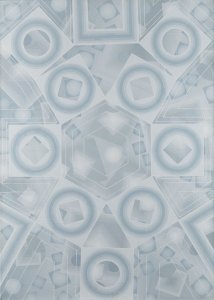
Lot 208 TRIBUTE TO DR. GRYGAR (WINDOW OF THE UNIVERSE WIDE…
Starting price55 000 CZK | 2 292 €
Price realized
75 000 CZK | 3 125 €
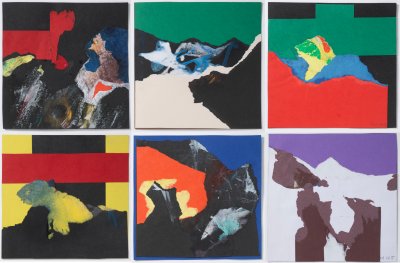
Lot 209 CONVOLUTE OF SIX COLLAGES
Starting price32 000 CZK | 1 333 €
Price realized
32 000 CZK | 1 333 €
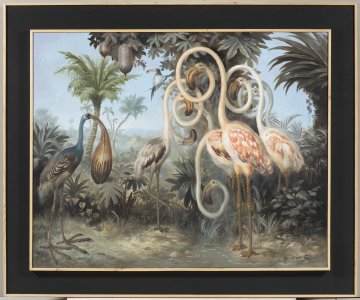
Lot 210 GARDEN OF EDEN
Starting price85 000 CZK | 3 542 €
Price realized
170 000 CZK | 7 083 €
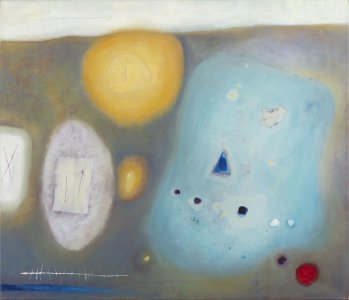
Lot 211 BIG FAMILY
Starting price35 000 CZK | 1 458 €
Price realized
100 000 CZK | 4 167 €
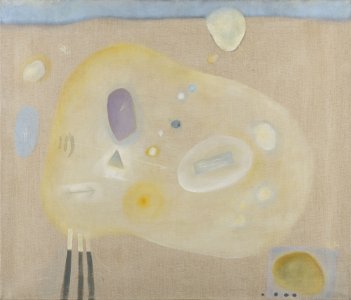
Lot 212 BIG MOTHER
Starting price35 000 CZK | 1 458 €
Price realized
85 000 CZK | 3 542 €
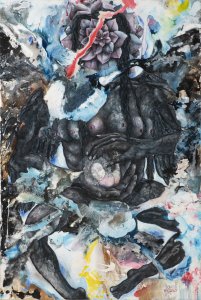
Lot 213 BLACK ANGEL
Starting price35 000 CZK | 1 458 €
Price realized
35 000 CZK | 1 458 €
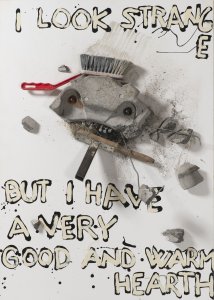
Lot 214 I LOOK STRANGE BUT I HAVE A VERY GOOD AND WARM HEARTH
Starting price48 000 CZK | 2 000 €
Price realized
49 000 CZK | 2 042 €
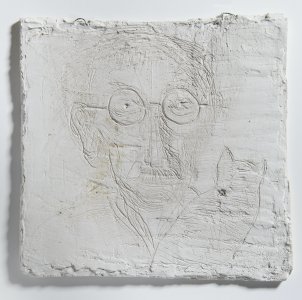
Lot 215 PORTRAIT OF REYNEK
Starting price12 000 CZK | 500 €
Price realized
12 000 CZK | 500 €
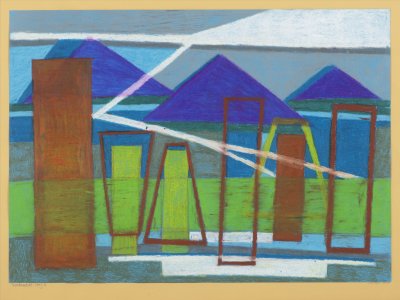
Lot 216 GRATZEN MOUNTAINS
Starting price22 000 CZK | 917 €
Price realized
24 000 CZK | 1 000 €
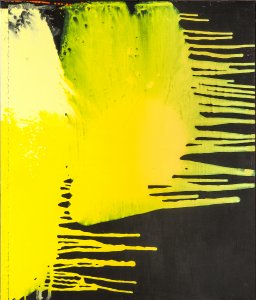
Lot 217 SONATA
Starting price250 000 CZK | 10 417 €
Price realized
280 000 CZK | 11 667 €
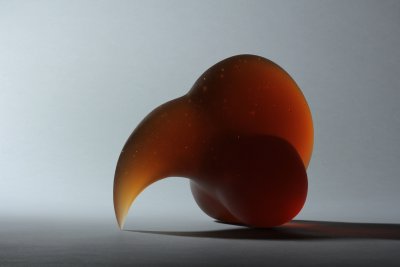
Lot 218 BIRD TLALOC
Starting price40 000 CZK | 1 667 €
Price realized
40 000 CZK | 1 667 €
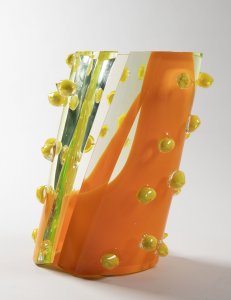
Lot 219 CYLINDER - NONCYLINDER
Starting price48 000 CZK | 2 000 €
Price realized
75 000 CZK | 3 125 €
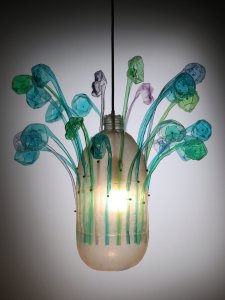
Lot 220 PEACOCK CHANDELIER
Starting price13 000 CZK | 542 €
Price realized
13 000 CZK | 542 €
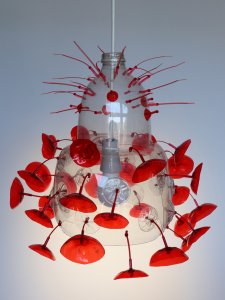
Lot 221 HOME RED LAMP I.
Starting price13 000 CZK | 542 €
Price realized
14 000 CZK | 583 €
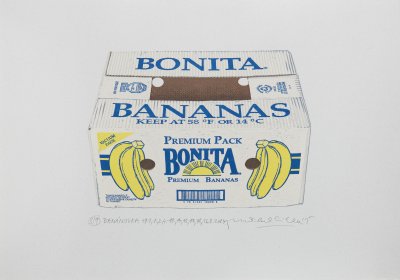
Lot 222 BANANA CRATE
Starting price24 000 CZK | 1 000 €
Price realized
24 000 CZK | 1 000 €
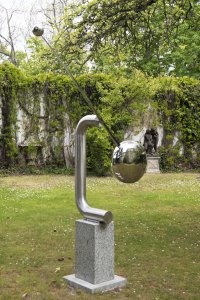
Lot 223 PENDULUM
Starting price180 000 CZK | 7 500 €
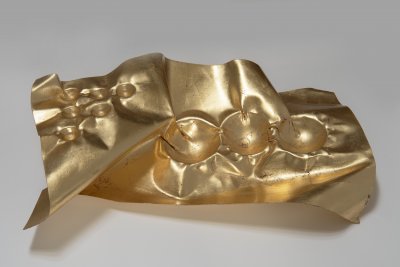
Lot 224 BOWL FROM HEBE
Starting price29 000 CZK | 1 208 €
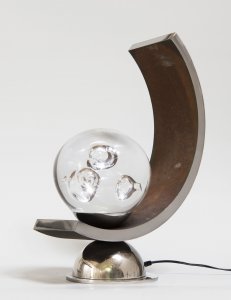
Lot 225 FOUR WEIRD SISTERS
Starting price50 000 CZK | 2 083 €
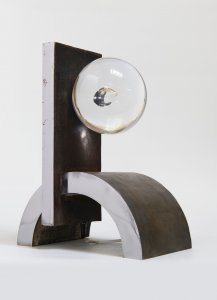
Lot 226 DESCENT OF ZEUS
Starting price65 000 CZK | 2 708 €

